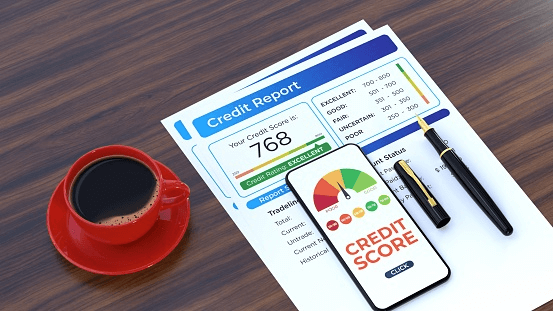Post
5 Things to Know Before Refinancing Your Home

Are you thinking of refinancing your home? Refinancing can be a great way to save money on your monthly mortgage payments or get a lower interest rate. However, it’s important to understand all of the facts so that you can make an informed decision.
Whether you’re just starting to do your research or are ready to take the plunge, this post will outline key information that you should be aware of before taking the next step.
Here are five important factors to keep in mind:
1. Current mortgage rates
In order to determine if refinancing makes sense for you, you need to know your current interest rate. If interest rates have dropped since you originally took out your mortgage, you could potentially save money by refinancing at a lower rate.
Additionally, if your financial situation has improved since you took out your mortgage, you may be able to qualify for a lower interest rate and save even more money.

In general, being conscious of this information can help you make a well informed decision about whether or not refinancing is right for you and allow you to get the best possible rate.
2. Know your home equity
Another vital factor to keep in mind is your home’s value. It’s important to know your home equity before refinancing because it will determine how much money you can borrow.
Your home equity is the difference between your home’s current market value and the amount you still owe on your mortgage. So, if you have a lot of equity in your home, you’re more likely to be approved for a refinance than if you have little or no equity. And if you’re approved, you may be able to get a lower interest rate on your mortgage.

You’ll need to have your home appraised in order to determine how much equity you have in your home. You can do this by contacting a local real estate agent and requesting an estimate of your property’s value.
3. Your Debt to Income Ratio
Your debt-to-income ratio (DTI) is an important number to know before thinking about a mortgage refinance. A DTI is the amount of debt you have compared to your income. In other words, it’s a percentage that will help you understand how much of your income goes towards debt payments each month. This includes: student loans, car payments, credit card bills, and etc.
Theoretically, you want this number to be low so that you have more money available each month to put towards other things, like savings or investments. You can calculate your debt-to-income ratio by dividing your total monthly debt payments by your gross monthly income.
Lenders use this to determine how much they are willing to lend you. A high DTI ratio could mean a higher interest rate or even being denied for a refinance loan. Ideally, you want to have a DTI ratio below 36% as this will show that you’re able to comfortably handle your monthly debt payments.
4. Check your credit score
Before you even begin to think about a mortgage refinance, you’ll want to check your credit score. It’s one of the most vital factors that lenders will take into account when you apply for a refinance loan.

For instance, lenders will use this information to determine whether or not you can qualify for a refinance as well as the interest they will offer you. Generally, a higher credit score means you’re seen as a lower-risk borrower and therefore, may be offered a better interest rate on your loan. Conversely, a lower credit score could mean you’ll be offered a higher interest rate or may not be approved for a loan at all.
Overall, it’s definitely in your best interest to check your credit score before applying for a refinance loan. Typically, it’s recommended to have a credit score of 620 or above. You can check your credit score for free using online tools like Equifax or Experian.
5. The costs of refinancing
Before refinancing your home, it’s important to know the costs involved. These can vary depending on the lender, but typically include appraisal fees, loan origination fees, as well as closing costs.
Knowing the costs of refinancing is important for several reasons. For one, you’ll be able to compare the costs of different lenders and shop around for the best refinance rates and terms, allowing you to get the most out of your refinance. It also helps you to budget so that you have enough money to cover all of the fees associated with refinancing.

Factoring in these costs will help you to avoid any surprises later on and ensure that you’re making the best decision possible for your financial future.
1st Eagle Mortgage can help you navigate the process
If you are considering a mortgage refinance, it’s crucial to understand the process and what to expect so that you can save yourself a lot of hassle down the road. Being aware of these 5 factors will also help you make a wise decision about whether or not this option is right for you. Nonetheless, it’s important to remember that refinancing is not a quick fix for all of your financial problems. But if done correctly, it can save you money in the long run.
At 1st Eagle Mortgage, we want to help you make the best decision for your family and finances. We have years of experience in the industry and can guide you through every step of the process. We offer a variety of refinancing options and can work with you to find the perfect solution for your needs.
No comments yet




